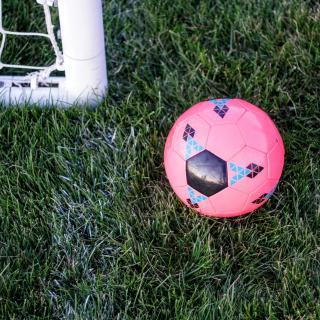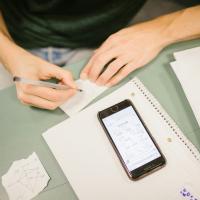Finland: Increasing pupils’ participation and creating positive impact through leisure activities

The Finnish model for leisure activities is a project of the Ministry of Education and Culture. The pilot study on the model shows that free, accessible, and inclusive hobby opportunities can positively impact the lives of children and young people, especially those from disadvantaged backgrounds.
Children's and young people’s lives often begin to diverge already at an early stage based on their family background. Unfavorable socioeconomic factors such as long-term unemployment, low income, or low educational attainment of parents, result in limited opportunities for children to participate in hobbies. Hobbies can play a significant role in preventing inequality among children and young people. Guided leisure activities can have an important educational role, bringing together pupils from diverse backgrounds.
Thus, comprehensive schools in Finland have provided pupils with opportunities for free extracurricular activities for several years. Since 2019, activities have been organized through the Finnish model for leisure activities. The goal of the model is to ensure that every pupil has access to an enjoyable and free leisure activity as part of their school day. One of the broader aims is to promote the general well-being of children and young people.
The Ministry of Education and Culture grants approximately €14 million annually to municipalities – providers of comprehensive education – for school-based leisure activities. In the 2024–2025 school year, about 85% of Finnish municipalities (258 municipalities) implement this model, with approximately 143,000 pupils participating in the activities all around Finland.
The Finnish model for leisure activities offers a wide range of hobbies, such as sports and physical activities, arts and culture, crafts, science and nature. The activities are planned, organised, and piloted in collaboration with schools and several organisations and associations providing these activities. The hobbies offered in a school are selected based on the wishes of the pupils.
The impact of the Finnish model for leisure activities is being assessed during the 2024–2025 school year through a pilot project involving 20 municipalities across Finland. Initial data collected in autumn 2024 reveal the following:
-
Free hobbies organized during the school day increase overall participation in leisure activities; without the possibility to join in school-based hobby-groups, a number of pupils would not have any opportunity at all to participate in hobbies.
-
The model particularly enhances opportunities for pupils from low-income and single-parent families:
-
16% of participants had not participated in any other hobbies in the previous six months, making the school-provided activity their only hobby.
-
25% of the participants came from single-parent families, many of whom had no prior hobbies.
-
For low-income families, the most important reason for participation was the activity’s free cost (29%), while for families in other income groups, the key factor was its integration into the school day (28%).
-
-
Free hobbies during the school day increased participation opportunities for children with immigrant background.
-
Students without prior hobbies often choose sports-themed groups, therefore the model promotes and increases physical activity among children and young people.
For more information: Press release of the Ministry of Education and Culture on the Finnish model for leisure activities, The official site of the Finnish model for leisure activities
Source: Eurydice Unit Finland




